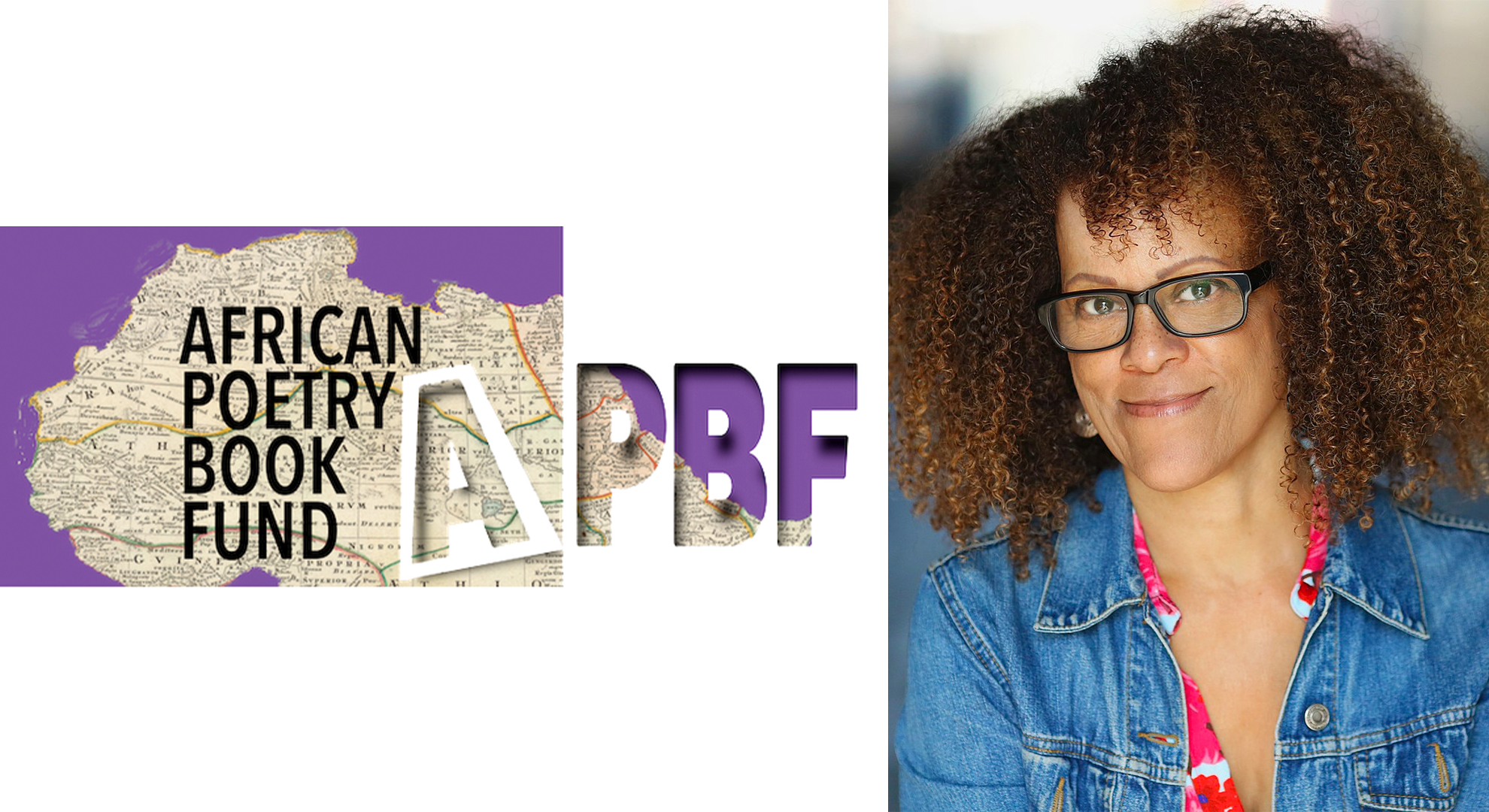Embrace the harvest season by enjoying the bounty of literary opportunities this fall brings, including contests with a November 1 deadline! Prizes abound for poets, fiction writers, and creative nonfiction writers alike, with awards offered in speculative fiction and for writers living in the Washington, D.C., Maryland, or Virginia area. All contests offer a cash prize of $1,000 or more, including the opportunity for one fiction writer to win $15,000 plus publication. Best of luck!
Briar Cliff Review
Writing Contests
Three prizes of $1,000 each and publication in Briar Cliff Review are given annually for a poem, a short story, and an essay. The editors will judge. Entry fee: $20, which includes a copy of the prize issue.
Brick Road Poetry Press
Book Contest
A prize of $1,000, publication by Brick Road Poetry Press, and 25 author copies is given annually for a poetry collection. Keith Badowski and Olivia Ivings will judge. All entries are considered for publication. Entry fee: $30.
Fiction Collective Two
Catherine Doctorow Innovative Fiction Prize
A prize of $15,000 and publication by Fiction Collective Two, an imprint of University of Alabama Press, is given annually for a novel, short story collection, novella, or novella collection. U.S. writers who have published at least three books of fiction are eligible. Matt Bell will judge. Entry fee: $25.
Fiction Collective Two
Ronald Sukenick Innovative Fiction Contest
A prize of $1,500 and publication by Fiction Collective Two is given annually for a novel, short story collection, novella, or novella collection. U.S. writers who have not previously published a book with Fiction Collective Two are eligible. Kiik Araki-Kawaguchi will judge. Entry fee: $25.
F(r)iction
Short Story Contest
A prize of $1,000 is given twice a year for a short story. Ken Liu will judge. The winning story and all entries are considered for publication in F(r)iction. Entry fee: $15.
Malahat Review
Open Season Awards
Three prizes of $2,000 Canadian (approximately $1,595) each and publication in Malahat Review are given annually for a poem, a short story, and an essay. Ki’en Debicki will judge in poetry, Ben Lof will judge in fiction, and Bahar Orang will judge in creative nonfiction. Entry fee: $45 Canadian (approximately $36), which includes a subscription to Malahat Review.
North American Review
James Hearst Poetry Prize
A prize of $1,000 and publication in North American Review is given annually for a single poem. Paul Guest will judge. All entries are considered for publication. Entry fee: $23, which includes an issue of North American Review.
North American Review
Kurt Vonnegut Speculative Fiction Prize
A prize of $1,000 and publication in North American Review will be given annually for a work of speculative fiction. Brian Evenson will judge. All entries are considered for publication. Entry fee: $23, which includes an issue of North American Review.
Southeast Missouri State University Press
Nilsen Literary Prize
A prize of $2,000 and publication by Southeast Missouri State University Press is given annually for a novel, novella, or collection of linked stories by a U.S. writer who has not published a novel. Entry fee: $25.
Washington Writers’ Publishing House
Literary Awards
Three prizes of $1,500 each, publication by Washington Writers’ Publishing House, and 25 author copies are given annually for a poetry collection, a short story collection or novel, and, as of this award cycle, a memoir, essay collection, or creative nonfiction hybrid collection. Writers who live in Washington, D.C., Maryland, or Virginia are eligible. Entry fee: $28.
Visit the contest websites for complete guidelines, and check out the Grants & Awards database and Submission Calendar for more contests in poetry, fiction, creative nonfiction, and translation.





